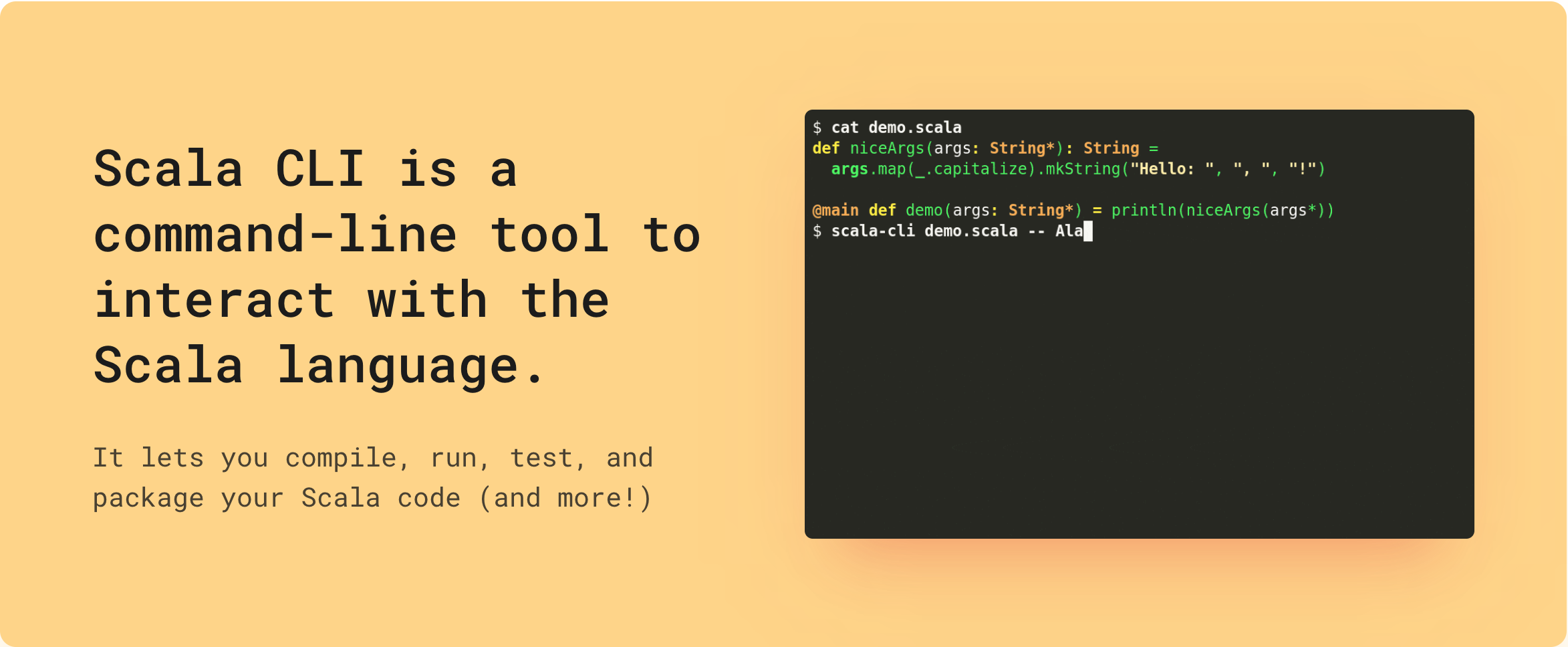Posts

Software Practices and Tradition
A note on software tradition - practices, conventions and standards. How it started and how is it going.
Bloggi - Request for Updates
The quest for the simple blogging platform of my dreams continues. Tried this. Tried that. Stumbled upon Bloggi. It is simple, beautiful, content-centric and everything I could ask for. So, am I ready to move this blog to Bloggi?
Restricting sum type instance creation
With Scala sum types, you can establish type strictness. But can you restrict creation of instances of sum types? So that you can guarantee that the values they hold pertain to the types defined.
Scala on Discord
Scala community like others needs a platform for discussions and exchange thoughts and ideas. Above all, a platform where fellow programmers, old or new, can reach out for help and guidance, a platform for education and to breed and spread knowledge. Is Discord the right choice of platform? More importantly, is moving from Gitter to Discord the right choice?
Defining sum types across files
While Scala allows creating defining ADTs, unfortunately all the sum types and their associated definitions have to be defined in the same file as the sealed trait (ADT). This post discusses the situation of defining the sum type (companions) across multiple files.
Confluence Alternatives
Is Confluence your documentation / knowledge-management system? Are you sick of its shortcomings? Poor and non-standard rendering. Lack of markdown support. Weird and inconsistent handling of unicode. Do you still think Confluence is a boon for document writing? Just be aware that there are better alternatives.
Anorm Primer
A primer on Anorm to use the interesting parts - core and combinator functions, as opposed to the mundane way of reading the column from Row. The post highlights situations when you don’t have a predefined type for the parsed row, and you are dealing with discrete columns in the result set based on time and need.

scala-cli - A Breeze
New tool on the block is scala-cli (from virtuslab.org) - a clean simple approachable non-fluff command line first interface to the Scala language.

My Everyday IntelliJ Plugins
If IntelliJ is the perfect main course, its plugins are the seasoning to spice it up. There are hundreds of popular plugins that rank in probably every post on IntelliJ plugins. However, the ones listed here are those that I use almost everyday. Besides, I like using these plugins, and highly recommend.
Rebooting on Ghost Land
Many languages support union types, and it is high time Scala did. Union types are coming in upcoming version of Scala - Dotty. Union types (|) are already being compared with Either and Option (disjoint unions).